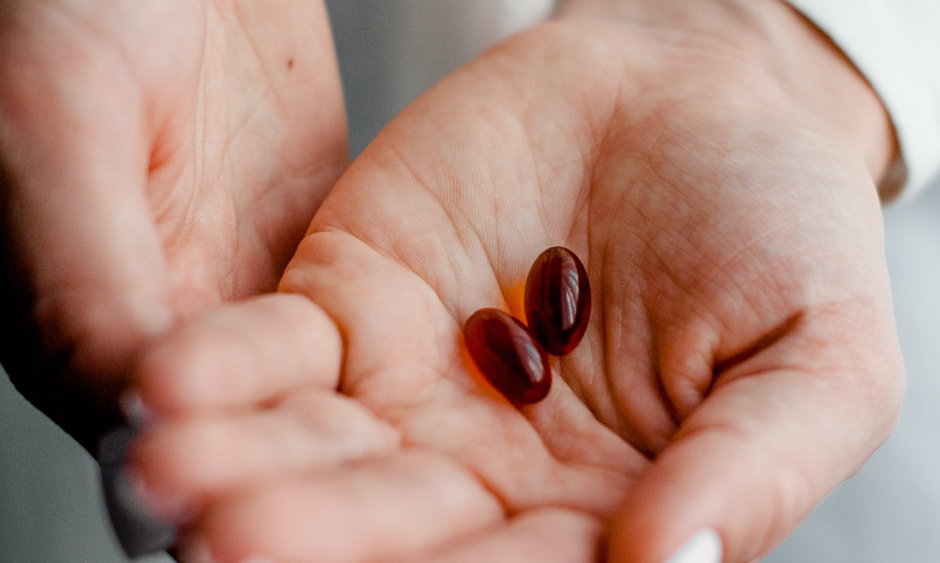COMBINATION therapy could help mitigate the side effects of the Type 2 diabetes mellitus medication rosiglitazone. The once leading treatment for Type 2 diabetes mellitus, rosiglitazone raises insulin sensitivity and glucose tolerance effectively and received U.S. Food and Drug Administration (FDA) approval in 1999. However, following concerns over the risk of heart attacks, osteoporosis, weight gain, and fluid retention in some patients, dispensing was restricted in 2010. Researchers at University of Texas Southwestern Medical Center, Dallas, Texas, USA, have demonstrated that the addition of an experimental drug, Compound A, could mitigate the adverse side effects of rosiglitazone.
Compound A activates G protein-coupled receptor 120 (GPR120), complementing the effects of rosiglitazone and enabling a lower dose to be administered. Although other medication was available, rosiglitazone was used to treat Type 2 diabetes mellitus and insulin resistance for a long time as it was regarded as very effective. With the aim of eliminating the drug’s side effects, the study, supported by the National Institutes of Health (NIH), the American Heart Association (AHA), and the American Diabetes Association (ADA), tested Compound A as a combination treatment in a mouse study. Results showed mice that received Compound A plus a minimal dose of rosiglitazone produced similar levels of insulin sensitisation to those that received the maximum dose of rosiglitazone. Dr Dayoung Oh, of the University of Texas Southwestern’s Touchstone Center for Diabetes Research and senior author of the study, stated: “The very low dose we used in this study showed no side effects, no weight gain, [and] no fluid retention in mouse models.” Compound A works similar to omega-3 fatty acids, which are abundant in fish oils, by lowering inflammation and improving insulin sensitivity through GPR120 activation.
Moving forward, the team seeks to work together with clinical researchers to boost the effectiveness of rosiglitazone and eliminate its side effects. This will include further research investigating the mechanism of action through which GPR120 activation reduces rosiglitazone’s side effects.








